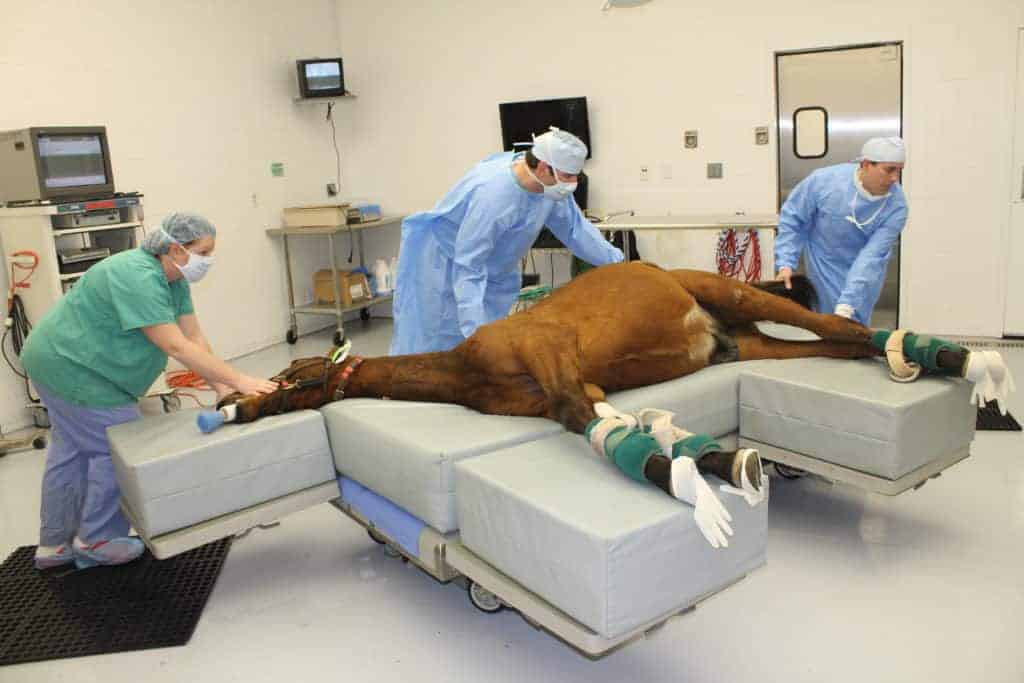Gluck Center Develops New PCR Assay for EHV-1
Kathryn Smith developed and validated a new real-time polymerase chain reaction assay for equine herpesvirus.
Kathryn Smith developed and validated a new real-time polymerase chain reaction assay for equine herpesvirus.

Many horses recover from pleuropneumonia with medical therapy, but some require surgery to prompt healing.

A recent study suggests anti-inflammatory drugs could reduce the rate of EHV-1 infection in horses.
Pre-proposals should focus on one or more of three horse health and oat related research topics.
A panel will present radiographic images of joints and endoscopic videos of throats Thoroughbred yearlings.
The report chronicles and reviews research conducted by LSU faculty and students from 2008 through 2010.

Freezing or inhibiting fecal samples from diarrheic horses allows C. perfringens detection for weeks longer.
Several horse health and industry organizations received grants during the first round of funding distribution
Services available include lameness evaluation and treatment, reproduction, diagnostic imaging, and more.
Duncan F. Peters, DVM, MS, is the new director of the Clinical Equine Sports Medicine Program at MSU.
Researchers will use samples from horses with fevers of unknown origin to look for tick-borne infections.
One scientist said the high number of hendra cases reported in 2011 emphasized the need for a vaccine.

Digital radiography is up to 85% sensitive and 93% specific for diagnosing enterolithiasis in horses.
The study on Lawsonia intracellularis involves 14 Thoroughbred farms and 600 Thoroughbreds in Kentucky.

S. neurona causes the neurologic disease EPM. A fully sequenced genome will provide a resource for virulence factor and S. neurona antigen characterization, which could lead to new immunizations or therapeutics against the parasite.

A team of researchers has successfully located chromosomal regions associated with equine sarcoids.
Stay on top of the most recent Horse Health news with
Notifications